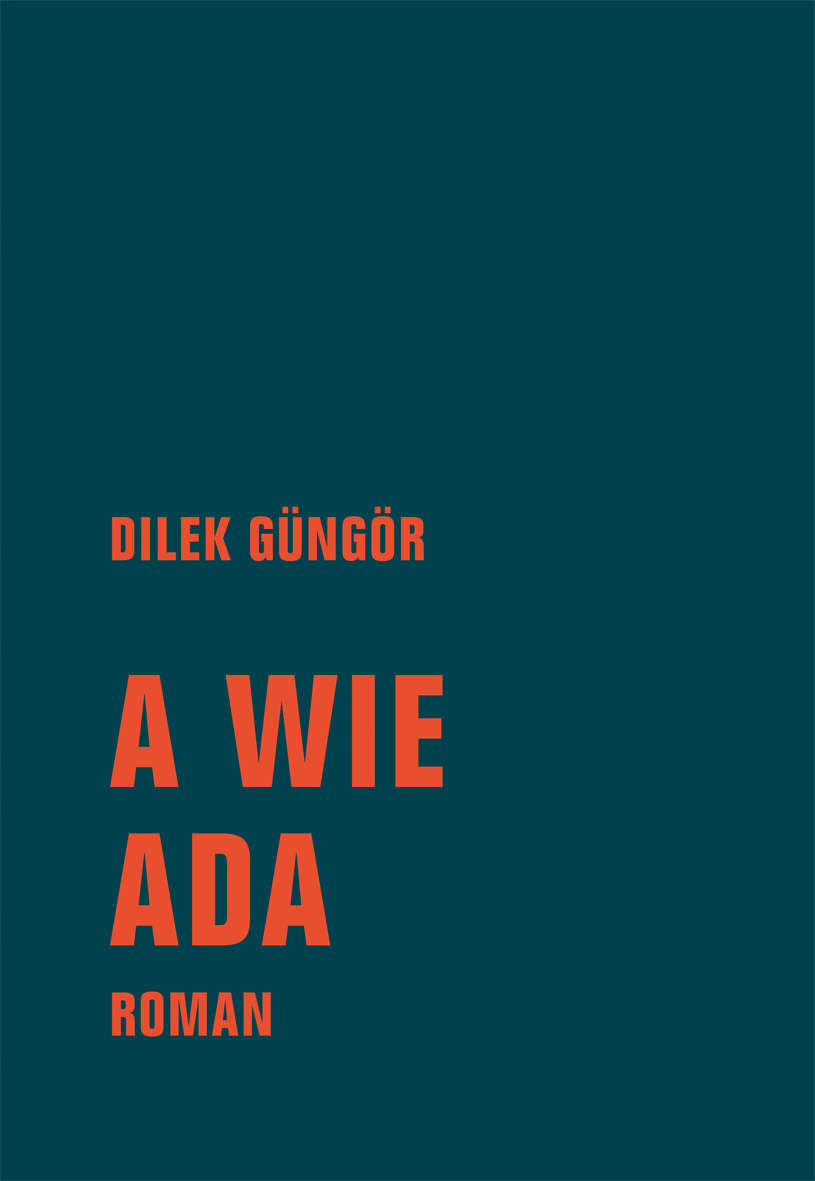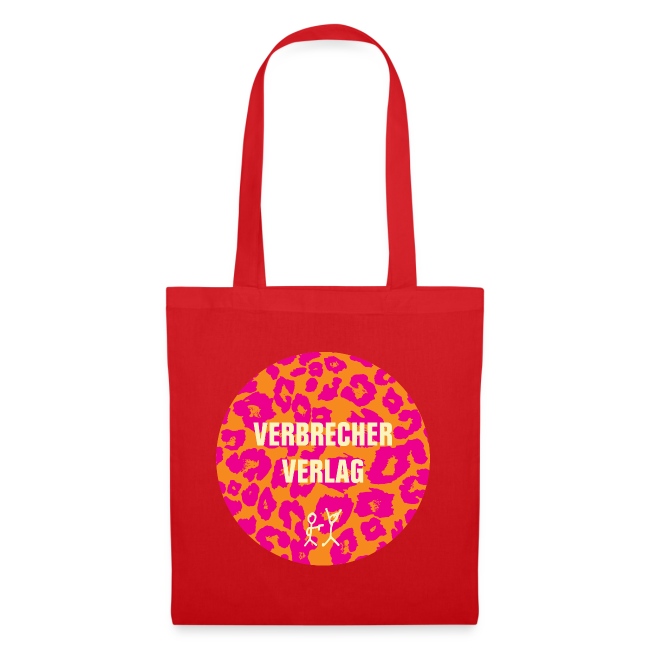
A review by Katy Derbyshire
Dilek Güngör’s latest book launched a fortnight ago at a packed Berlin event, where the love flowing back and forth between the stage and the audience was palpable. Dilek – full disclosure: I think we’re friends, we’ve definitely been for a coffee together and I’ve translated an essay she wrote, as yet unpublished – talked about how her latest protagonist Ada is once again very like her but not identical. The audience swooned at that, since Dilek is eminently likeable. But as she read and talked, we learned that Ada wants everyone to like her and then yet again, she doesn’t.
Though it has the word novel on the cover, the book is a collection of miniatures telling tiny stories about Ada in the third person. At times they’re reminiscent of a picture book for children, especially when they’re about Ada as a child. Unspectacular things happen and the language and content are pared right back as we read about Ada’s view of life. But that tone holds firm, regardless of Ada’s age. Part of the fun is that we never know, at the start of each page, whether we’re reading about a grown woman or a little girl. While the book dips in and out with blithe disregard for chronology, I get a sense of whimsy, of Ada retaining the questioning outlook of her younger self. As a journalist, Güngör knows how to write concisely, and she uses that skill to fine effect here.
What’s it about? I suppose it might be about growing up in Germany with Turkish parents, and existing as an adult here on that basis. There are scenes where we meet a stubborn child who wants things other children have but won’t share her own belongings. We get miniatures about hospitality; remember that Twitter moment when people remembered the awkwardness of never being fed by their (German) schoolfriends’ families? That comes up a few times. There are times when Ada helps a friend, presumably another Turkish girl, to meet a boyfriend in secret – though the paring back goes so far that it reads at times as if Ada only ever has one friend, over a space of fifty years or more, the word friend almost a mask donned by different actors.
Friendship is an important topic in the book, touched upon many times at different life stages. Ada’s friend, we read, is kind and good and never sees Ada as a foreigner or an outsider, assures her repeatedly that we’re all the same. What I got here was a sense of reluctance to tell that friend to her face that no, actually, she and Ada are not the same. Ada wants to be liked, after all. Maybe it’s just me, but I found a sadly relatable streak of envy and anger beneath the surface. Another thing I enjoyed is the author’s refusal to explain; this is not an ethnological study, it’s literary fiction, and she’s not going to waste space elucidating Turkish (diaspora) customs if you haven’t worked them out by now.
What else? Thoughts about language and multilingualism, sweet but never saccharine relationships to her children, her parents and grandparents – the subjects of some of Güngör’s previous novels – and perhaps a portrait of a life as it is now. My favourite miniature is about Ada tipping out the carrier bag of her life:
‘Ada’s bag contains her childhood and teenage years and the now and soon also old age. You could take a look at it all, dust it off and put it on the windowsill. On the dresser, if you had one.’

This one page takes us from that image all the way to Ada’s grandmother poking her great-grandchildren with her walking stick. I’m reminded of Ursula LeGuin’s “Carrier Bag Theory of Fiction” – A wie Ada too is packed full of unheroic tales, a book to be dipped into, moments from a woman’s life gathered up and brought home for sustenance. In its apparent simplicity, it contains vast depth and emotion. I may well read it multiple times – I recommend you do too.